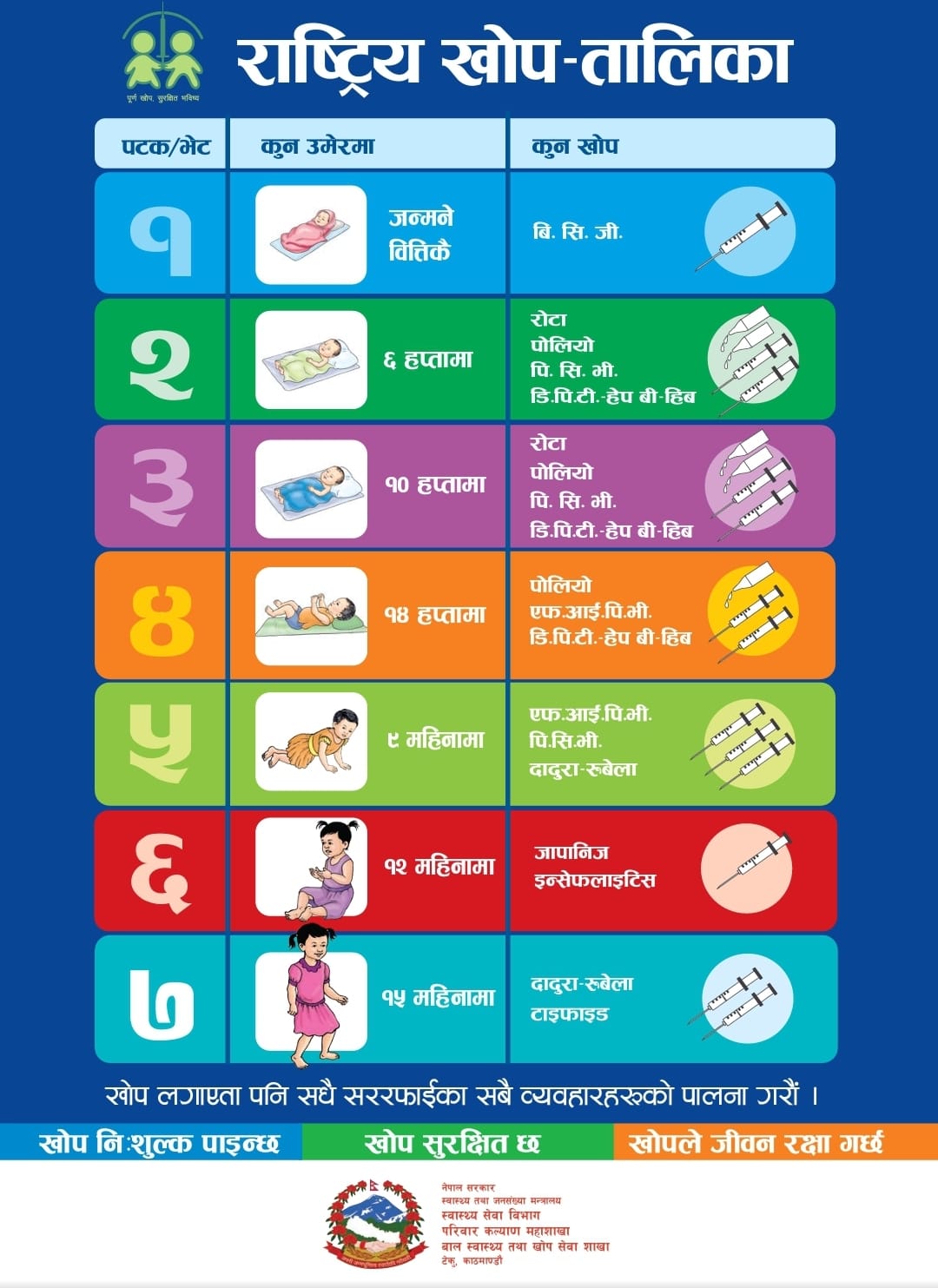Protecting Yourself and Your Loved Ones: The Importance of Vaccines and Immunization
BlogTable of Contents
- L.A. Care Encourages Participation in the the California Immunization ...
- The Importance of Immunizations
- Ministry of Health celebrates childhood immunization data - World Stock ...
- OneBigRobot | World Immunization Week
- Immunisation Safety Is A Long-Term Priority – Galen Centre
- Immunization Schedule 2023
- Latest Immunization Schedule In Malaysia 2017 : Immunization Schedule ...
- Immunization Schedules from Other Countries - VAXOPEDIA
- Why Immunizations Are Important | Fairview Range | Blog Post
- World Immunization Week: Power of vaccines not fully utilized



What are Vaccines and How Do They Work?



Types of Vaccines



Why are Vaccines Important?
Vaccines are important for several reasons: Prevention of infectious diseases: Vaccines can prevent serious and potentially life-threatening diseases, such as measles, mumps, and whooping cough. Protection of vulnerable populations: Vaccines can protect vulnerable populations, such as the elderly and young children, who may be more susceptible to serious disease. Prevention of outbreaks: Vaccines can prevent outbreaks of infectious diseases, which can have significant economic and social impacts.
Common Vaccines and Immunization Schedules
The Centers for Disease Control and Prevention (CDC) recommends a variety of vaccines and immunization schedules for children and adults. Some common vaccines include: DTaP vaccine: Protects against diphtheria, tetanus, and pertussis. MMR vaccine: Protects against measles, mumps, and rubella. Flu vaccine: Protects against influenza. HPV vaccine: Protects against human papillomavirus. Vaccines and immunization are essential tools in the prevention of infectious diseases. By understanding how vaccines work and the different types of vaccines available, individuals can make informed decisions about their health and the health of their loved ones. According to MedlinePlus, vaccines are safe and effective, and have been proven to prevent serious and potentially life-threatening diseases. By staying up-to-date on recommended vaccines and immunization schedules, individuals can protect themselves and their communities from the spread of infectious diseases.For more information on vaccines and immunization, visit MedlinePlus or consult with a healthcare professional.